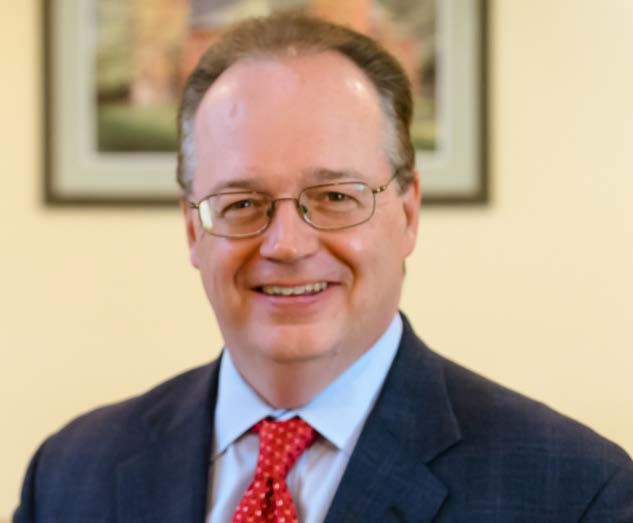|
Last year, whistleblowers helped the government recover more than $2.4 billion by coming forward with evidence of Medicare and Medicaid fraud.
One of the most common types of fraud is called “upcoding.” This involves billing for a more expensive service than was actually provided. Other types of Medicare and Medicaid fraud include billing for services that were not medically necessary, billing for services separately when they should have been billed as a single, less-expensive “bundle,” billing for services provided by an uncertified provider, and recruiting Medicaid patients by paying kickbacks for referrals. Click here for information on the different types of Medicare and Medicaid fraud. These frauds result in billions of dollars in losses to the Medicare and Medicaid programs every year. The $2.4 billion recovered with the help of whistleblowers last year is only the tip of the iceberg. In almost every case, the fraud never would have been discovered without the whistleblower’s help. While the patient may have some idea of the services they received, he or she has no idea what the hospital or clinic wrote on the claim submitted to Medicare or Medicaid, whether they used the correct billing code, or whether the person in the white lab coat was a nurse, a physician’s assistant, a medical technician, or an uncertified employee. Healthcare fraud will only be stopped if current and former employees come forward with evidence. That is why the government pays substantial rewards to whistleblowers –- between 15% and 30% of the amount recovered with the whistleblower’s help. It is not unusual for a whistleblower to receive hundreds of thousands of dollars as their reward. In some cases, the rewards run into the millions of dollars. If you have evidence of false claims submitted to Medicare or Medicaid, then you should consult with an experienced whistleblower lawyer immediately to protect your rights. You may be entitled to a substantial reward and legal protections as a whistleblower. To arrange a free and confidential consultation, call John Howley, Esq. at (212) 601-2728. Comments are closed.
|
